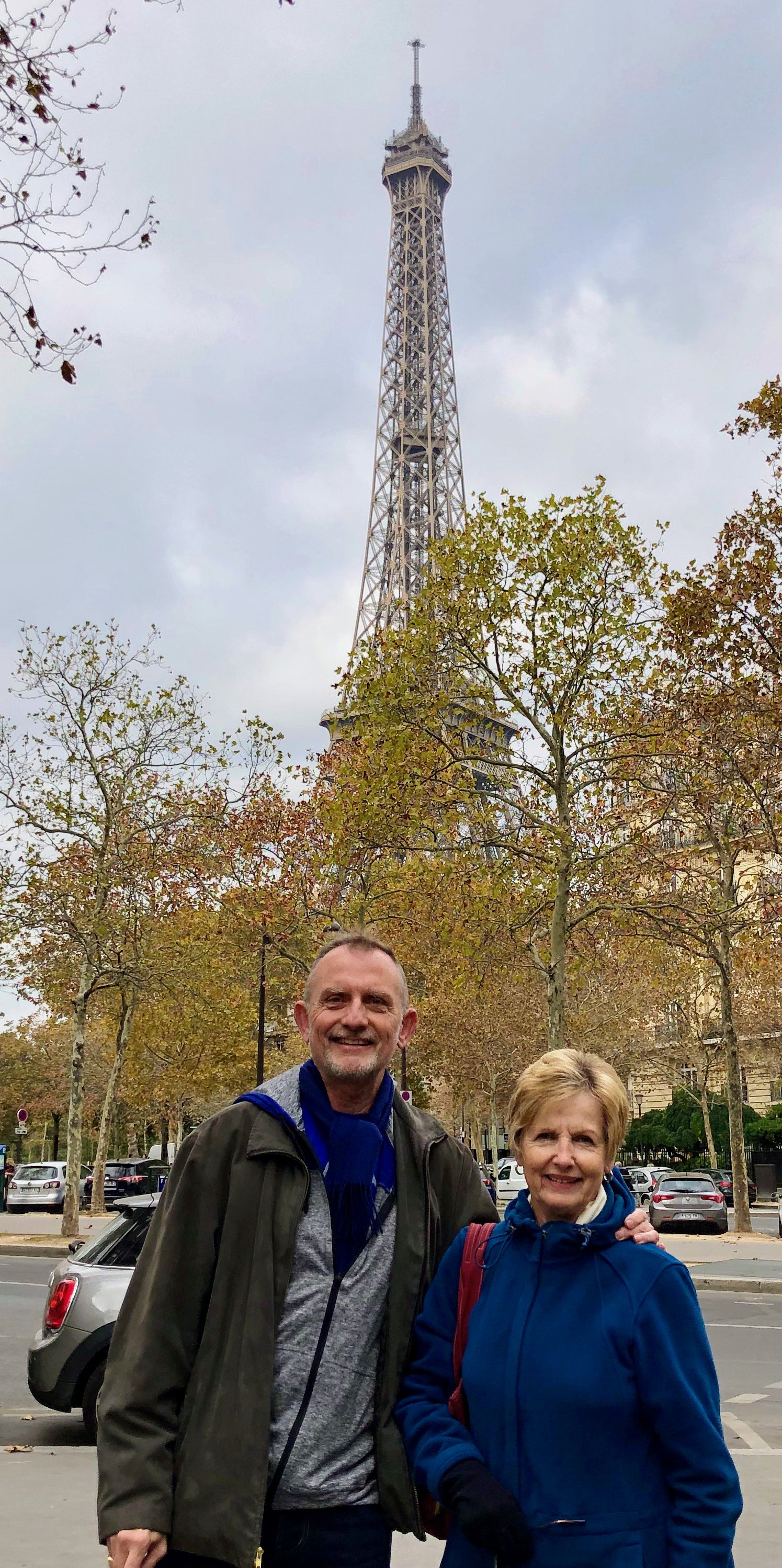Not all, but not nothing: one caregiver’s quest for balance
Try as they might, caregivers cannot maintain everything about the life they once knew. But sinking into isolation and giving up their life altogether is unhealthy and unnecessary. How does the caregiver find the right balance between denial and despair?
I asked a longtime caregiver about this, and I’m guessing his insight will encourage others as much as it did me.
Expect difficulty
“I learned to expect the hard,” my caregiver friend said.
That may not sound inspiring, but it injects a note of necessary realism. Caregiving for someone suffering from a debilitating, incurable illness is not easy. This is largely true because solutions once discovered soon quit working. Sleep patterns change. Activities that once engaged are now ignored. Old problem behaviors fade away, and new ones appear.
There’s no future in pretending all of this isn’t happening—or cursing it. In the few days since my friend told me this, I’ve tried a new approach when confronted with something unpleasant or unexpected. Well, this is today’s difficult, I try to remember to tell myself. You knew it was coming, you just didn’t know when. It won’t last all day. You’ll figure it out. You’ll get back to something satisfying or enjoyable soon.
Nurture gratitude
“Whenever I see an older couple tenderly holding hands on the street, I stop to thank God for all the good years my wife and I had,” my friend told me. But I’m not sure that’s how I’ve always reacted to such a scene. I’ll admit a struggle against jealousy or grief when attacked by the overwhelming assault of “what might have been.”
Paris, October 2018
But my wife and I have shared so much so good. We enjoyed fulfilling careers. We traveled together widely. Our children love us and are doing well. I watch our money, but I don’t worry about it. If I feel compelled to compare myself with others, I should at least realize that so many cannot claim my list of blessings.
It’s true that thanking God for the good in my life does not dispel the bad. But it certainly puts the bad in perspective. There’s not a day in which I don’t find a cause for sadness—or thanksgiving. And thankfully, my wife and I still have many happy moments. Concentrating on the gratitude pulls me away from being overwhelmed by the grief.
Embrace the partnership of joy and pain
“The two are not mutually exclusive,” my friend affirmed with conviction.
This is true in all of life, of course, not just with caregiving. The parents of a graduate, for example, are proud of his desire to strike out on his own. But they wipe away tears on the way home from leaving him at college. The newlywed, filled with ecstasy and anticipation, sooner or later confronts the surprises of quirky in-laws, unwanted compromise, job loss, or sickness. Without that initial, consuming joy, she likely couldn’t cope.
One therapist wrote last year, “The key to your joy is in your pain. That is called being alive.” Pain strengthens character, develops coping skills, and increases empathy. Even the skeptic can see how this is true.
But those with faith in God see more. In the Bible, for example, God and his spokesmen assert that ultimate joy comes from him and in eternity, not in the disappointments of imperfect humans living in the here and now.
A few examples:
The ancient psalmist prayed to God: “In your presence there is fullness of joy; at your right hand are pleasures forevermore.
Centuries later, the apostle Paul told fellow believers, “We have peace with God through our Lord Jesus Christ. . . . We rejoice in our sufferings, knowing that suffering produces endurance, and endurance produces character, and character produces hope, and hope does not put us to shame, because God’s love has been poured into our hearts.”
James, another apostle and the half-brother of Jesus, exhorted Christians, “Count it all joy, my brothers, when you meet trials of various kinds, for you know that the testing of your faith produces steadfastness.”
It’s easy, some would call it trite, to quote Bible verses, but these ring true for me. I know I’m becoming a better person because I’m wrestling with the demands of caregiving. Meanwhile, as never before, I’m experiencing strength outside myself and anticipation for a future beyond this world.
Without denying or minimizing the pain of our current circumstance, I realize I’m finding joy. And sometime most mornings I ask God, “Show me joy again today.”
Photos by freddie marriage and Jon Flobrant on Unsplash


